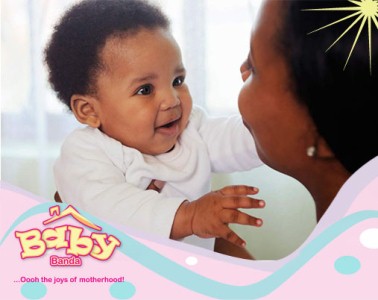Infant Attachment is the deep emotional attachment that your baby forms with you. This influences the later emotional, cognitive and social behaviour as they grow older. You can tell that your baby is attached to you when they seek to maintain contact or to elicit a response from you by crying, clinging, crawling towards you, smiling, reaching and vocalizing. It is the universal language of love.
Your baby will be able to form attachments with several people including father, mother, grandparents, siblings but they develop a stronger attachment with at least one person. This person is usually the baby’s main caregiver and the one with whom they spend the most time. All of this will provide your baby with the basic security to develop good relationships with others in life. This in turn helps develop self-confidence to become competent and independent. You can help strengthen this attachment by doing many small things that include:
- Breastfeeding your baby.
- Comforting your baby when they need comfort.
- Providing care such as clothing, changing diapers and baths.
- Talking and singing songs to the baby.
- Staying calm at difficult times.
- Responding to her cues such as smiles, tears and cooing.
There are several phases of attachment
1. Introductory bonding: This is the initial contact at birth, it is important to touch and hold your baby immediately after birth. You can also put your baby to the breast immediately after birth. This not only aids in establishing good breastfeeding but also enhances the connection between you and your baby.
2. Acquaintance phase: This is the first week after birth; responding to your baby’s cries and needs.
- Mutual Regulation: This is from 2-6 weeks and involves a period in which the baby and the caregiver start to have an influence on one another over time, e.g. when your baby cries due to hunger, you will feed the baby to stop the crying and in turn, as you are able to calm the baby, your own nervous system is also regulated.
- Reciprocity: This is the period from 6 weeks and beyond. It is characterized by active interaction behaviour between you and your baby, e.g. you smile at your baby and your baby smiles back.













